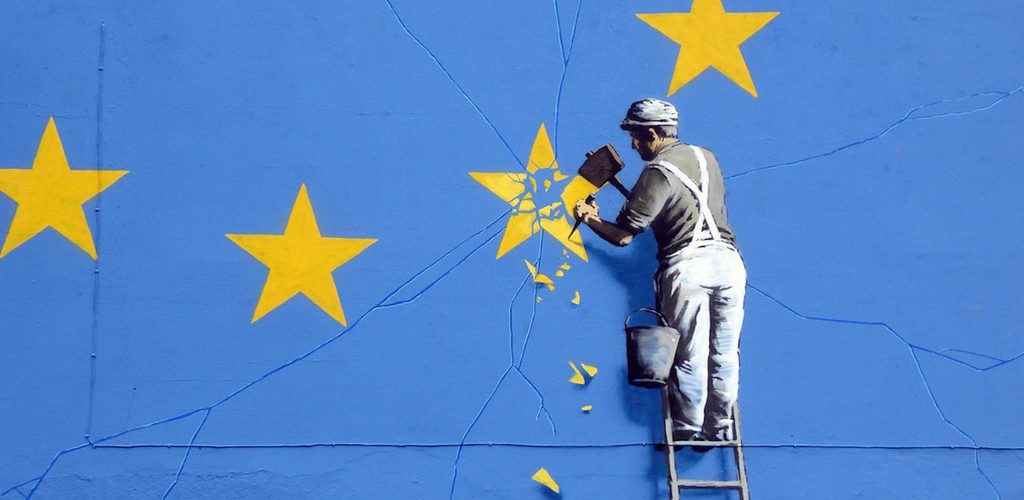The European Commission issued a Working Paper on E-invoicing and the need for EU standards and interoperability. The document was discussed in the Group of the Future of VAT on May 6, 2022.
The study carried out by the external contractor on the Digital Reporting Requirements (DRR) part of the VAT in the Digital Age concludes that the policy options providing the biggest benefits are the partial and total harmonisation of DRRs across the EU.
- Both options provide for the implementation of a DRR on a transactional basis for intra-Community transactions. The difference between both options lies in the scope of the measure for domestic transactions.
- In the partial harmonisation, the implementation of a DRR for domestic transactions would be voluntary for Member States,
- while in the total harmonisation it would be compulsory.
- In both cases, domestic DRR systems should adopt the same features as that implemented for intra-Community transactions and existing reporting systems should converge to the harmonised one.
- For both policy options, it is necessary to define the technical features of the DRR system.
- In this regard, among the different possibilities, the one that seems most fit-for-future would be the implementation of a reporting system based on electronic invoicing, as this is the direction that countries inside and outside the EU are leaning towards.
- The implementation of a reporting system based on electronic invoicing poses, however, significant challenges, and requires choosing between different alternatives.
Questions answered by the Group of Future of VAT
- Separation between e-invoicing and e-reporting
- Mixed input on possibility of validation/clearance of electronic invoices by the tax administration
- Some delegates pointed out that invoicing is an obligation under civil law, so tax authorities should not interfere in the process
- Clearance only on formal requirements, not on substantial checks
- No clearance should be put in place for invoices on intra-Community transactions
- Data to be sent: All data vs. data needed for control purposes
- For intra-Community transactions, most delegations agreed that the subset of data to be exchanged should be the same for all Member States
- Reporting system should be proportionate and the situation of SMEs should be taken into account
- Mandatory or voluntary e-invoicing/ Use of an e-invoicing standard
- What is important is that the process is automated, but the way the data from the invoice is communicated is less relevant and could be left to the option of Member States
- The costs of the different options for businesses, and in particular SMEs, is an important factor
- Tool used for the transmission of electronic invoices
- The most important issue for the delegates is to ensure the interoperability of systems
- The implementation of standards seemed not necessary to all delegates, even though some of them defended their necessity to ensure interoperability
- Role of the recipient of the invoice – divergent views
- Options
- Reporting by the acquirer,
- Need to accept the invoice
- Acquirer should not be required to do anything
- Options
Sources
- GFV 123 – E-invoicing and the need for EU standards and interoperability
- GFV 124 – Minutes 38th GFV meeting
See also















